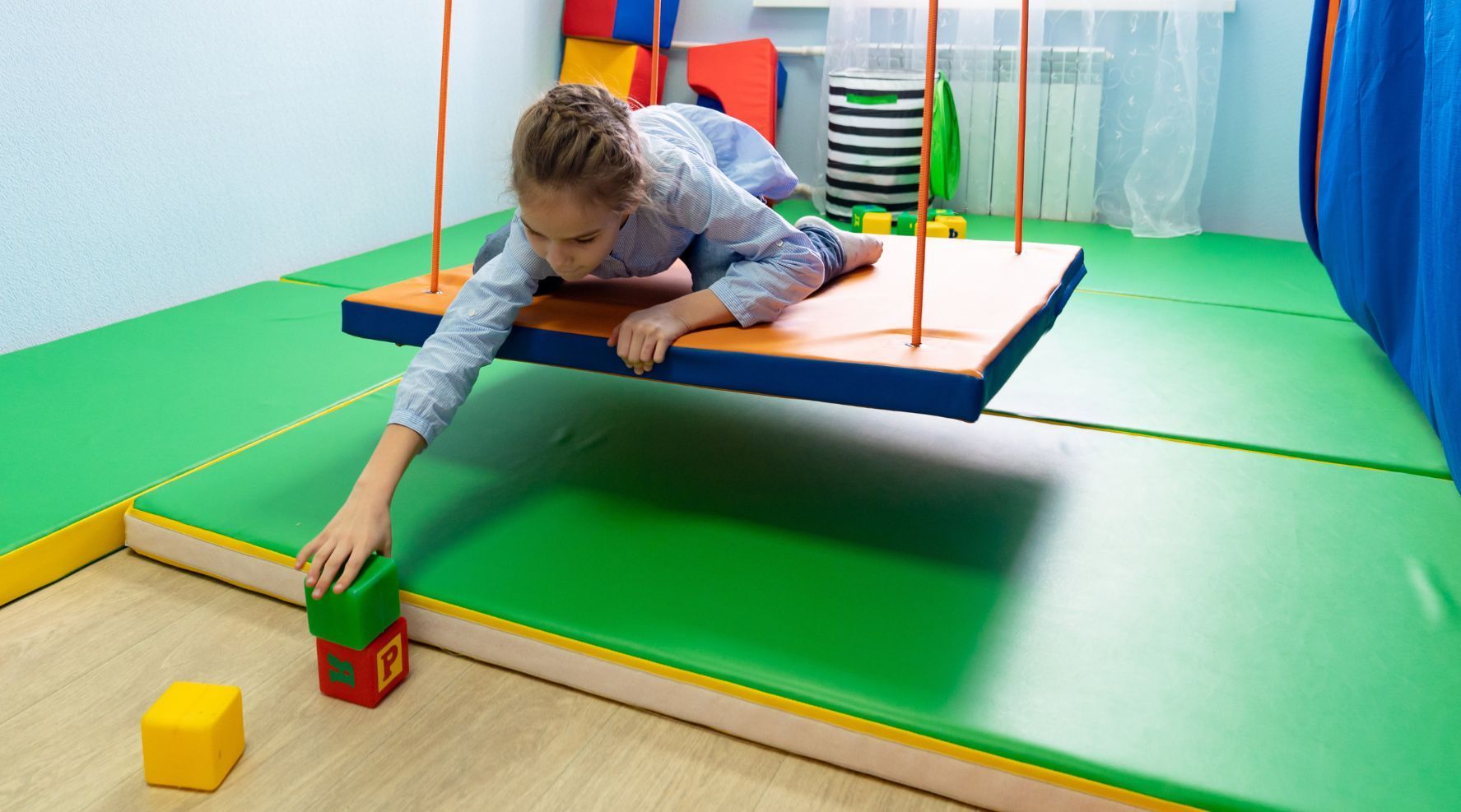Why Your Children’s Hospital Needs a Sensory Room
When a child gets injured or is seriously ill, a trip to the hospital is inevitable. Most kids aren’t crazy about regular doctor appointments, much less hospital visits. While some kids get fascinated by what doctors do and may enjoy using a toy medical kit to give their stuffed animals a checkup, a trip to the hospital can send any child over the edge.
Why Patients Need Sensory Rooms
Imagine a child for whom bright lights, buzzers and bells, and unfamiliar people are excruciating, or a child that needs the comfort of jumping or rocking getting asked to hold still. This is the reality for many kids on the autism spectrum and those with sensory processing disorders.
Already filled with anxiety due to pain or illness, traditional hospital environments can trigger an extreme reaction in a child on the autism spectrum—screaming, hitting, self-harm, biting, or other forms of lashing out could happen, and healthcare professionals may feel compelled to react by administering drugs.
Their experience of the normal world is fraught with the stress of overstimulation or sensory confusion that can only get soothed by a retreat to a quiet place or specific sensory experiences like a gentle squeeze from a peapod chair or a chance to bounce or climb. With one of every 44 children now diagnosed with an autism spectrum disorder, it’s easy to see why your children’s hospital needs a sensory room.
What Is a Sensory Room
A sensory room is where patients who feel anxious or overwhelmed can find a calming retreat. Typical features include dimmed lighting, gentle music, and “bubble walls” or towers that allow kids to relax and watch gently lit bubbles rise. There may be projections of changing colors, twinkling star lights on the ceiling, or chairs and toys that vibrate, offering a range of sensory experiences.
There may be beanbag chairs, rockers, cubbyholes, or mini-tents where a child can find some time alone. Fidget toys and swings can also soothe nervous kids, and “crash pads” or padded walls protect kids prone to “sensory seeking” behavior like throwing themselves against a wall or jumping off furniture.
Sensory rooms can also include adaptive technology that helps children communicate, like iPads loaded with picture exchange communication system (PECS) apps that help non-verbal autistic kids indicate their needs.
How a Sensory Room Helps Children in Hospital Environments
Often spurred by the efforts of staff who have kids with autism, healthcare organizations have begun to recognize why their children’s hospital needs a sensory room. The Dayton Children’s Hospital has introduced individualized sensory rooms for pre-operative calming for kids facing surgical procedures. These rooms have helped reduce pre-anesthesia medications' use to relax children before surgical anesthesia.
Similarly, the Robert Wood Johnson University Hospital in New Jersey has installed a sensory room for its emergency department. The room includes “emoji” pillows so kids with communication challenges can indicate their feelings.
Similar adaptations are present in Memphis, San Francisco, and Syracuse hospitals, among others. Beyond pediatric services, evidence shows that sensory rooms help patients with dementia. If you’re a parent of a child with autism or sensory issues, talk to your pediatrician about the availability of sensory rooms in your local children’s hospital, and suggest installing sensory integration therapy equipment in their medical office waiting room.





